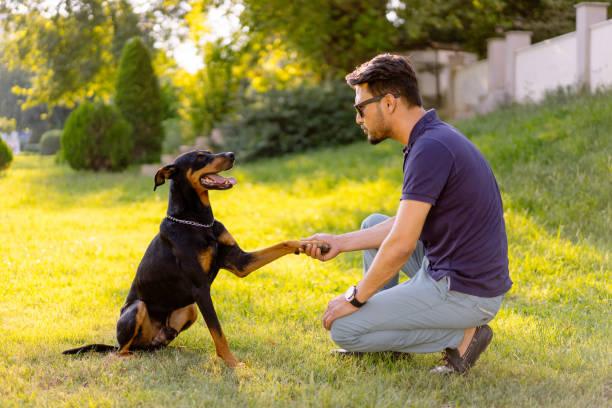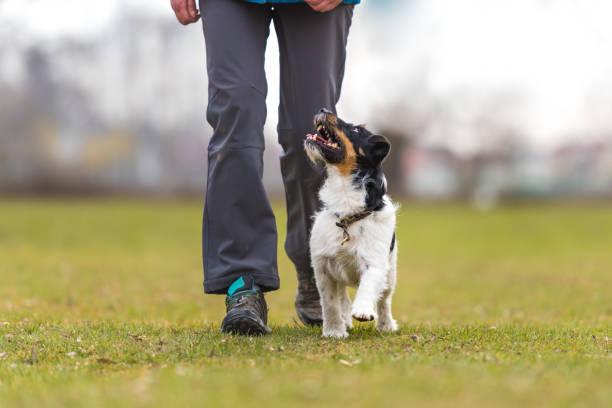The Complete Guide to Puppy Classes Using Balanced Training Methods

Introduction
Puppy classes are essential for building a strong foundation for your dog’s behavior, socialization, and obedience. These classes provide early learning opportunities that shape your pup’s future interactions with people, pets, and the environment. Using balanced training methods, puppy classes offer a well-rounded approach that incorporates both positive reinforcement and gentle corrections, ensuring a harmonious relationship between pet and owner. In this guide, we explore how puppy classes based on balanced training can set your furry friend up for success.
The Importance of Early Socialization
Why Puppy Classes Matter
One of the key benefits of enrolling in puppy classes is structured socialization. Puppies are most receptive to new experiences between 8 to 16 weeks of age, making this a crucial period for exposure to various people, sounds, and other animals. Balanced training helps puppies learn boundaries and respect while rewarding desired behaviors like sitting calmly or walking on a leash. These classes prevent behavioral issues such as fear, anxiety, and aggression later in life, making them an invaluable investment for every dog owner.
Balanced Training Methods Explained
What Is Balanced Training?
Balanced dog training combines positive reinforcement (like treats, praise, or play) with humane corrections (like leash guidance or verbal cues) to teach obedience. In puppy classes, trainers use balanced techniques to address both good and undesirable behaviors effectively. For example, a puppy jumping on guests might be redirected and rewarded for sitting instead. The aim is not to punish but to communicate clearly, helping the puppy understand expectations and build trust with the owner.

Building Lifelong Skills in Puppy Classes
Benefits Beyond Basic Commands
Beyond learning commands like "sit," "stay," and "come," puppy classes offer life skills such as impulse control, focus, and cooperation. Balanced training teaches puppies how to remain calm in stimulating environments and respond reliably to cues, even with distractions. This method encourages confidence, reduces behavioral issues, and fosters a positive, respectful bond between the puppy and the owner. Consistency and structure provided in these classes lay the groundwork for advanced training in the future.
Conclusion
Balanced training-based puppy classes are a powerful way to nurture well-behaved, confident, and socialized dogs. By combining rewards with gentle corrections, these classes teach your puppy to thrive in a human-centered world. Whether you are a first-time dog owner or looking to improve your pup’s manners, enrolling in structured puppy classes can lead to a lifetime of mutual understanding and companionship. Early investment in your puppy’s training ensures a happier, healthier relationship for years to come.
- Art
- Causes
- Crafts
- Dance
- Drinks
- Film
- Fitness
- Food
- Games
- Gardening
- Health
- Home
- Literature
- Music
- Networking
- Other
- Party
- Religion
- Shopping
- Sports
- Theater
- Wellness



